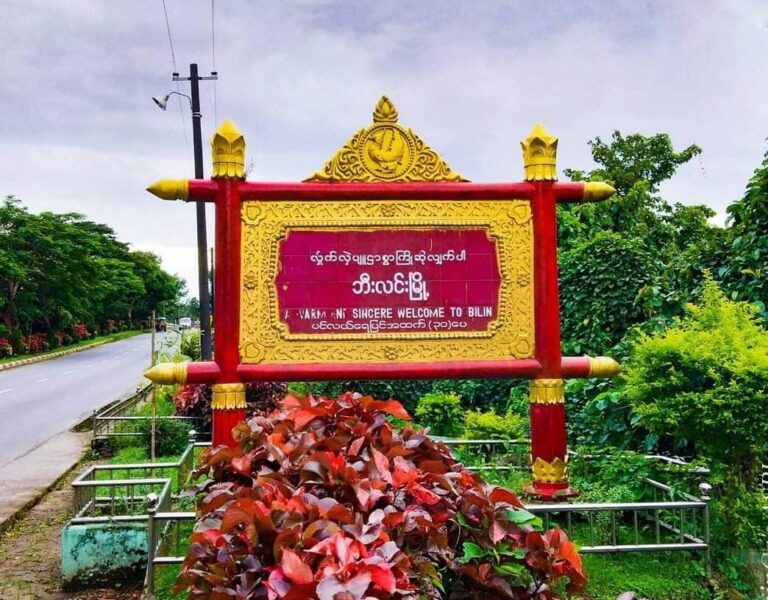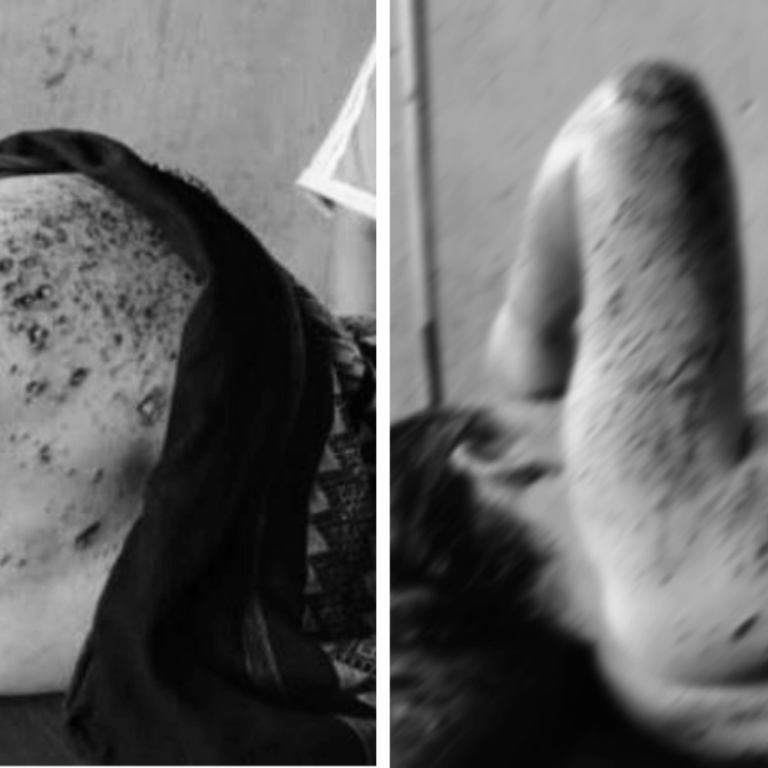HURFOM, MUDON: Over a hundred acres of farmland were confiscated in late October from various farmers living in the Kamarwet Sub-Township area in Mudon Township, Mon State.
According to a Kamawat resident, the confiscated farmland is largely land that has been left to lie fallow for the past year, due to the financial problems faced by many farmers in the area. Win-pha-non dam, which is located in the region, has been responsible for massive damages to farmland due to flooding since its construction in 2004, but farmers who have lost their entire crops to flood-damage must still pay the laborers hired to work in their field. As a result, many paddy farmers opted this year to let part of their acreage lie unattended; unfortunately such actions are technically illegal under region’s agricultural laws, and already struggling farmers have had theses lands confiscated.
This same Kamawat resident informed HURFOM that starting in May 2009, a number of high ranking battalion commanders from Light Infantry Battalion (LIB) No. 209, and authorities from the Mudon Township land record department, arrived in a number of villages in the Kamarwet region. The battalion commanders and land authorities collected the names and information of farmers who had opted to leave portions of their fields unfarmed during the 2009 rainy season, the areas of fallow land were measured. This resident informed HURFOM’s reporter that LIB No. 209 and the Mudon Township agricultural authorities returned to Kamarwet near the end of October 2009, and confiscated unfarmed land in question for the Burmese Army’s use.
According to Mi Yin Aye, a Sein Taung village resident, “My farmland was involved in this, five acres [were confiscated]. Last year after I farmed I had nothing because my crops were flooded. This year, I though it would be the same situation, so I didn’t want to farm all of it [my land]. In summer time, the authorities don’t allow us to farm the crops we want, they allow us to farm only what they want us to plant.”
HURFOM field reporters learned that farmland has been confiscated by LIB No. 209 from many residents of Kamawat Sub-Township, as well from citizens of several nearby villages, including Sein Taung village, Htaung Kay village, and Hbae Doe village. HURFOM’s reporter was also able to speak with individual villagers who had lost farmland. These residents include Nai Bai, a Sein Taung resident who lost 2 acres; Nai Sa neh, a Sein Taung resident who lost 5 acres; Nai Hla Myint, a Sein Taung resident who lost 6 acres; Nai Poe Ta, a Sein Taung resident who lost 5 acres; and Mi Ma Yee, a Htaung Kay resident who lost 5 acres.*
The land record department authority from Mudon town explained to HURFOM that, “In this case, residents could not blame the government, because in the land record laws farmland and personal planting land are different. In the case of farmland, if the owners don’t want to farm, the land is given to someone else, or the government can take it back, and compensate the owner with some money.”
Unfortunately, villagers in the Kamawat region report that they have received no compensation for their confiscated lands, yet another blow to farmers who have long been struggling due to the Burmese government’s interference in Mon State’s agricultural industry. Such interference includes the construction of the Win-pha-non dam, enforcement of 3-season farming, and forcing villagers to purchase agricultural products from government-run outposts.
A Mon political figure from Kamawat explained to HURFOM, “In the past [before Win-pha-non dam was built] villagers could get enough crops from their farmland. Since the dam was built, many villagers don’t want to farm because of flooding, but the government forced them to plan two crops [during rainy season and during summer season]. During both seasons, villagers face several problems, such as floods, high labor costs, and being forced to by water and expensive crop seeds from government authorities. Local authorities and high ranking authorities don’t report the truth to the government, they report that the plan [the dam and the summer paddy farming] is working, but in reality it is not. The government wanted to make an example of the farmers whose land it confiscated.”
* All names have been changed



